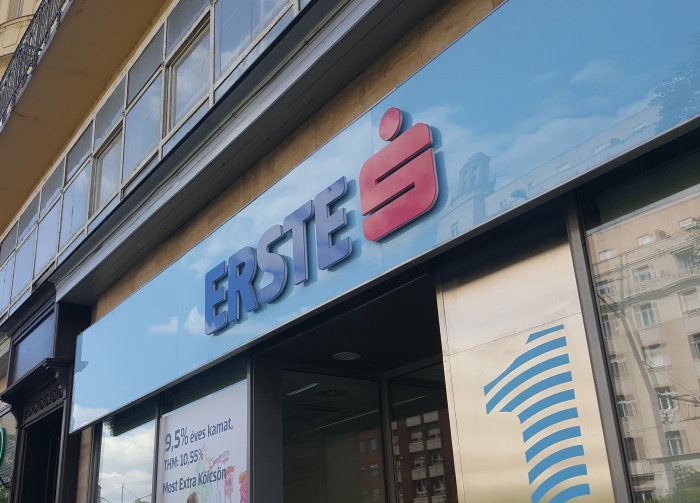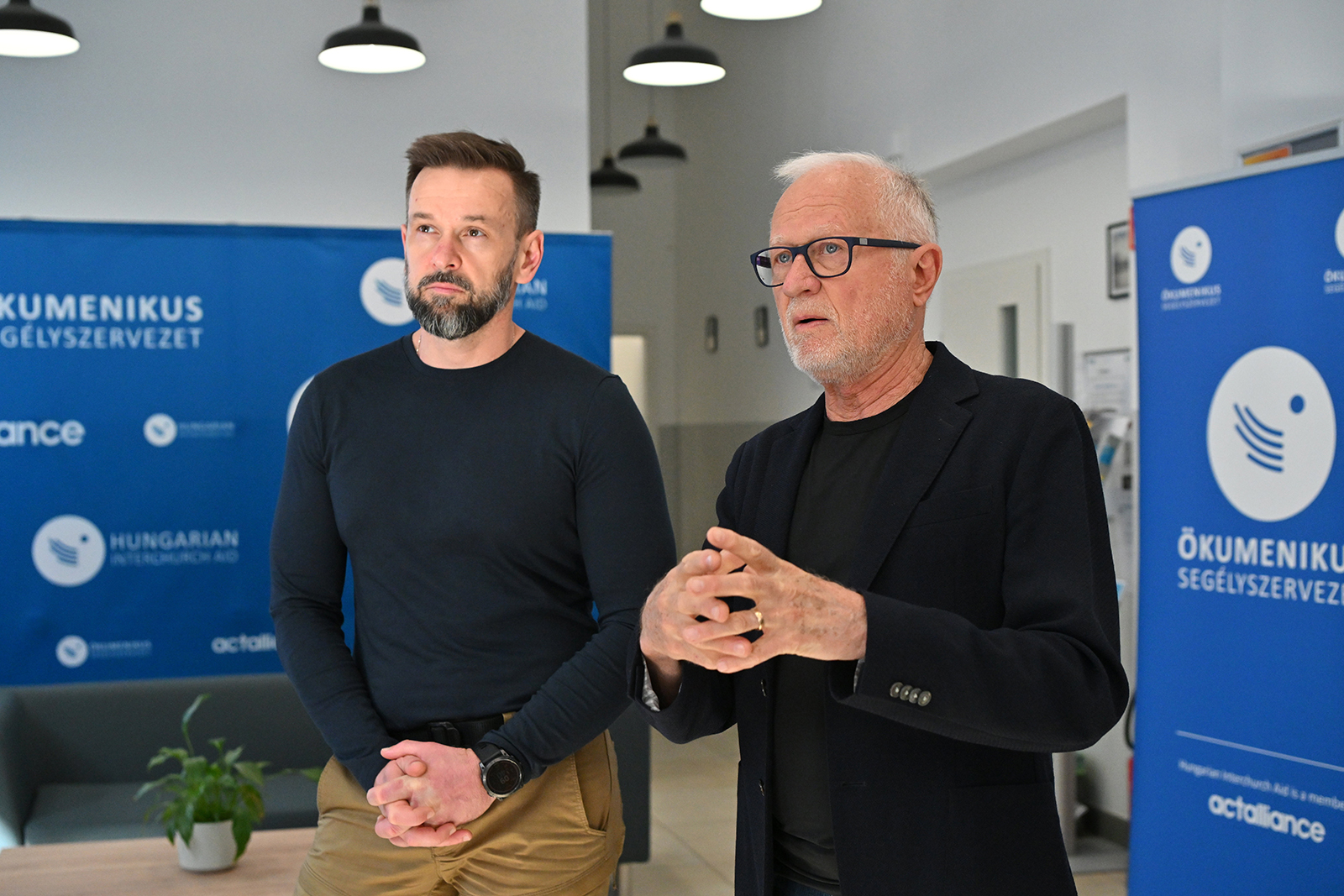Russian oil cap in, Hungarian Fuel Price cap Out

The Hungarian Red Cross gave a blood donation truck and another aid shipment to the Transcarpathian organization of the Ukrainian Red Cross, worth a total value of HUF 100 million. In the background are István Kardos, director general of the Hungarian Red Cross (left) and, State Secretary of the Prime Minister’s Office for Church and Ethnic Relations Miklós Soltész, also the chairman of the National Humanitarian Coordination Council, at the aid organization’s Budapest warehouse on December 12, 2022.
Photo by Tibor Illyés / MTI.
Hungary’s government was forced to scrap its price cap on fuel on December 6 due to a lack of imports and panic buying that led to fuel shortages across the country, Prime Minister Viktor Orbán’s chief of staff Gergely Gulyás told a joint press briefing with MOL chairman and chief executive Zsolt Hernádi.
Although the price cap was set to expire at the end of December, Gulyás said that MOL had recommended abolishing the price cap immediately to “ensure the security of supply.”
Just prior to the announcement, MOL had faced a partial shortage of fuel stocks across almost its entire network of filling stations over the previous weekend, as many people had started stockpiling. The oil and gas company said the primary cause of the fuel shortage had been a lack of imports, as foreign players cut their fuel shipments to Hungary since the government capped petrol and diesel prices last year. One Reuters photographer had found that some petrol stations in Budapest had run out of fuel entirely, while others still offered several types of gasoline.
Meanwhile, the managing director of MOL’s Hungarian business György Bacsa told Kossuth Rádió on December 6 that demand for motor fuel at local petrol stations had exceeded daily logistics capacity by 30%, as motor fuel imports had declined significantly.
Running Dry
“Pumps are running dry at practically all of our petrol stations,” Bacsa said. “Fuel at around 70 of our stations, one-quarter of the network, has been completely exhausted,” he added.
The European Union introduced an oil price cap on December 5, Minister of Foreign Affairs and Trade Péter Szijjártó said in a post on his Facebook page. He emphasized that during the negotiations, Hungary had secured an exemption from applying the cap. Afterward, Orbán said the measure would not result in a supply shortage in Hungary, as pipeline deliveries had been exempt from the sanction, but added that “the problem is the price. Hungary cannot escape the impact of the sanctions on prices, and that’s why we are waiting to see the effect of the introduction of the [ban] on December 5,” he said.
Consequently, Orbán introduced a tax hike on refineries, according to a post on his Facebook page. He said the consequences of the European Union’s price cap on Russian crude, were “expected” and that the government would take windfall profits resulting from a “sanctions surcharge” on motor fuel and channel them into a fund established to protect regulated household energy prices.
The European Commission rejected subsequent accusations from Hungary that the oil price cap on Russian crude was responsible for the fuel shortage at its petrol stations. The decision by the European Union to cap Russian oil exports at a level of USD 60 per barrel “has no impact on Hungary’s ability to import oil via its pipeline, as the cap applies only to seaborne oil,” according to commission spokesman Daniel Ferrie. Meanwhile, the EC also approved a HUF 1.23 trillion increase in fiscal support for Hungarian companies hit by the economic fallout from the war in Ukraine.
This article was first published in the Budapest Business Journal print issue of December 16, 2022.
SUPPORT THE BUDAPEST BUSINESS JOURNAL
Producing journalism that is worthy of the name is a costly business. For 27 years, the publishers, editors and reporters of the Budapest Business Journal have striven to bring you business news that works, information that you can trust, that is factual, accurate and presented without fear or favor.
Newspaper organizations across the globe have struggled to find a business model that allows them to continue to excel, without compromising their ability to perform. Most recently, some have experimented with the idea of involving their most important stakeholders, their readers.
We would like to offer that same opportunity to our readers. We would like to invite you to help us deliver the quality business journalism you require. Hit our Support the BBJ button and you can choose the how much and how often you send us your contributions.










